An unexpected byproduct from my partnership in The Elephant Café landed on the farm — and, more importantly, in my vegetable garden — last month. We collected lorry loads of elephant poop so old and decomposed, it’s been known in the past to self-combust in the searing months before the rainy season. This was a win-win arrangement: the elephant camp was relieved of a growing potential fire hazard, while we were in receipt of mountainous quantities of organic matter composted into a terrific natural fertilizer.
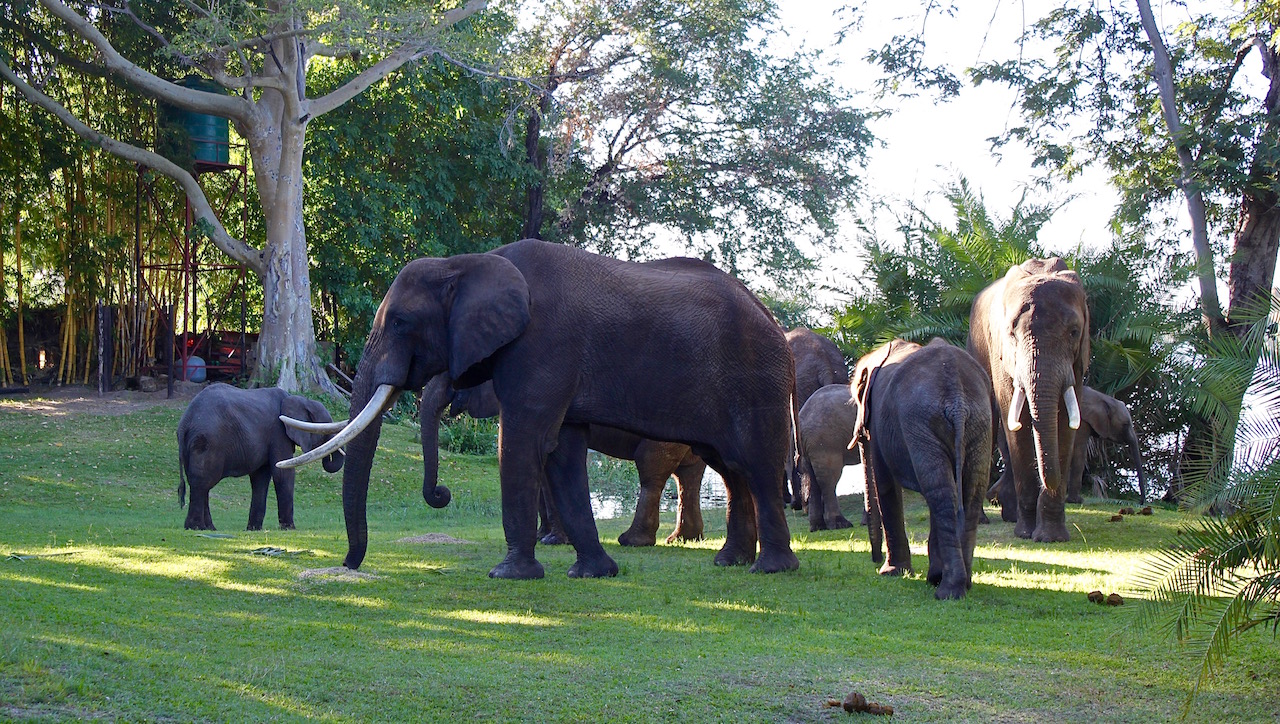
I recently learned that elephants are a “keystone species.” In other words, “a species that has a disproportionately large effect on its environment relative to its abundance.” According to Think Elephants International, they are builders of ecosystems, both as engineers and gardeners. Elephants play a critical part in “maintaining and balancing the structure of an ecological community and [they affect] many other organisms within this community.” This community now includes me. It includes the birds, the invertebrates like beetles, spiders, worms and termites, as well as the fungi, the myriad microorganisms, and the very soil itself.
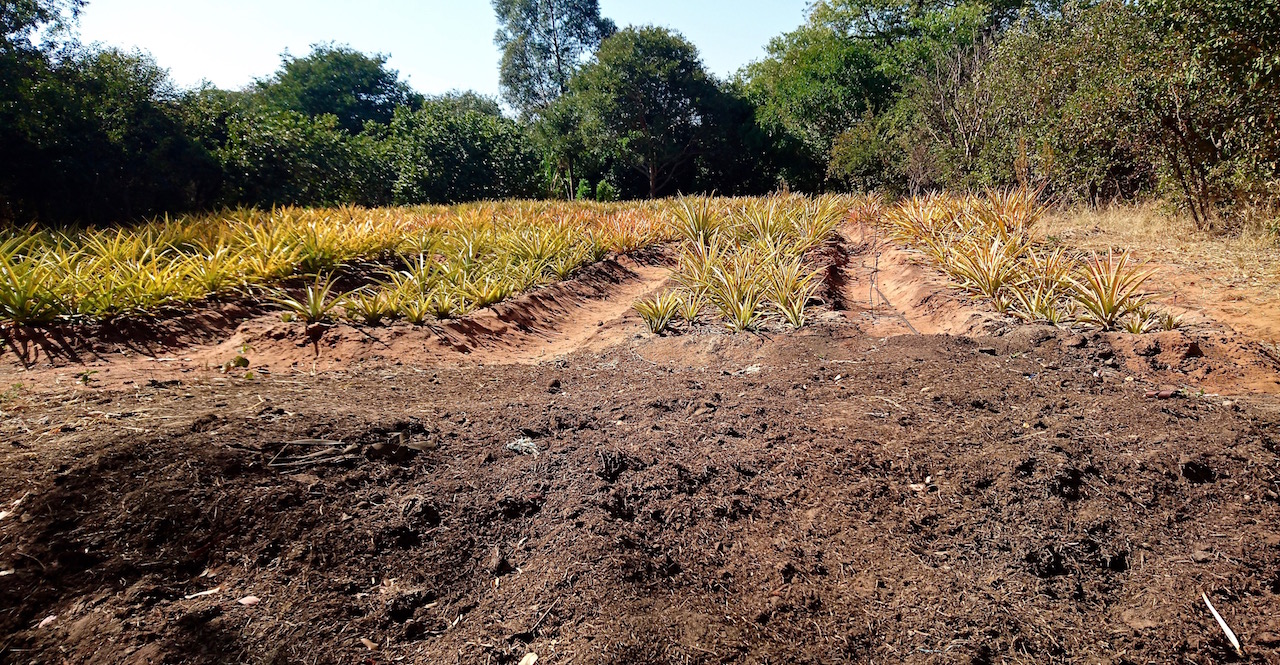
Elephants, on average, poop a whopping fifty kilograms of nutrient-rich, fibrous dung a day. That’s an efficient supply of natural fertilizer in which to grow our fruits and vegetables, most of which will end up back in the place from whence it all started: on a plate being served at The Elephant Café. It’s the Zambezi version of life’s circle, and one in which I am an enthusiastic participant. You will see why in the photographs below: our garden is thriving!
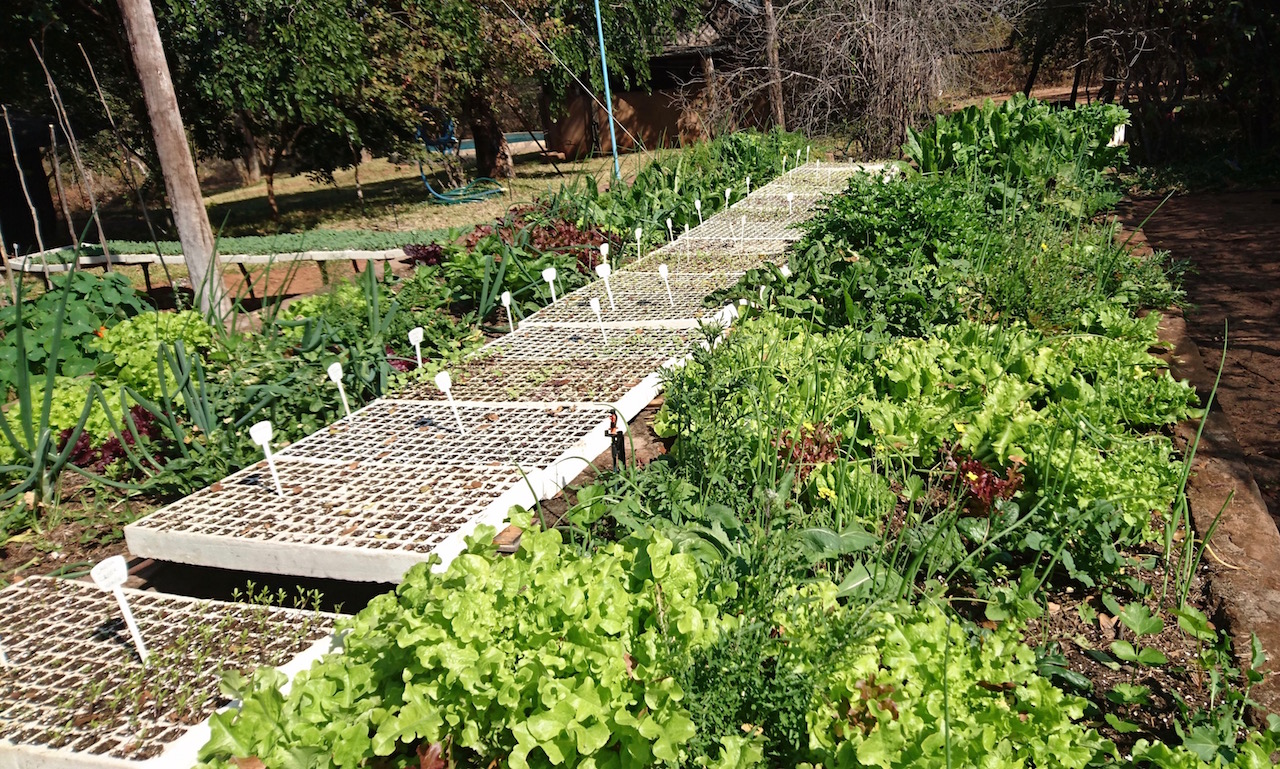
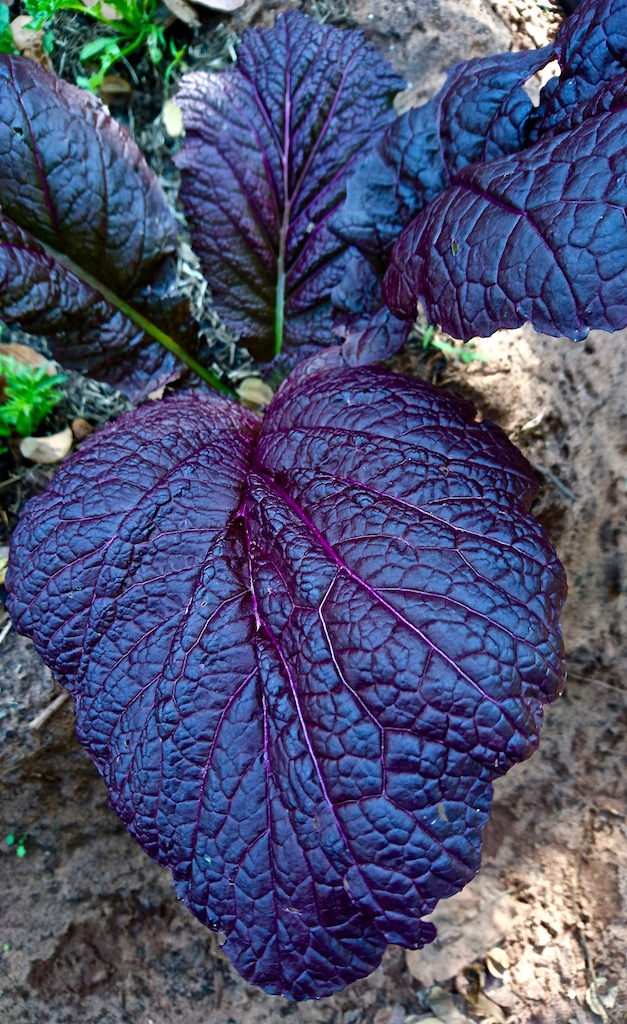
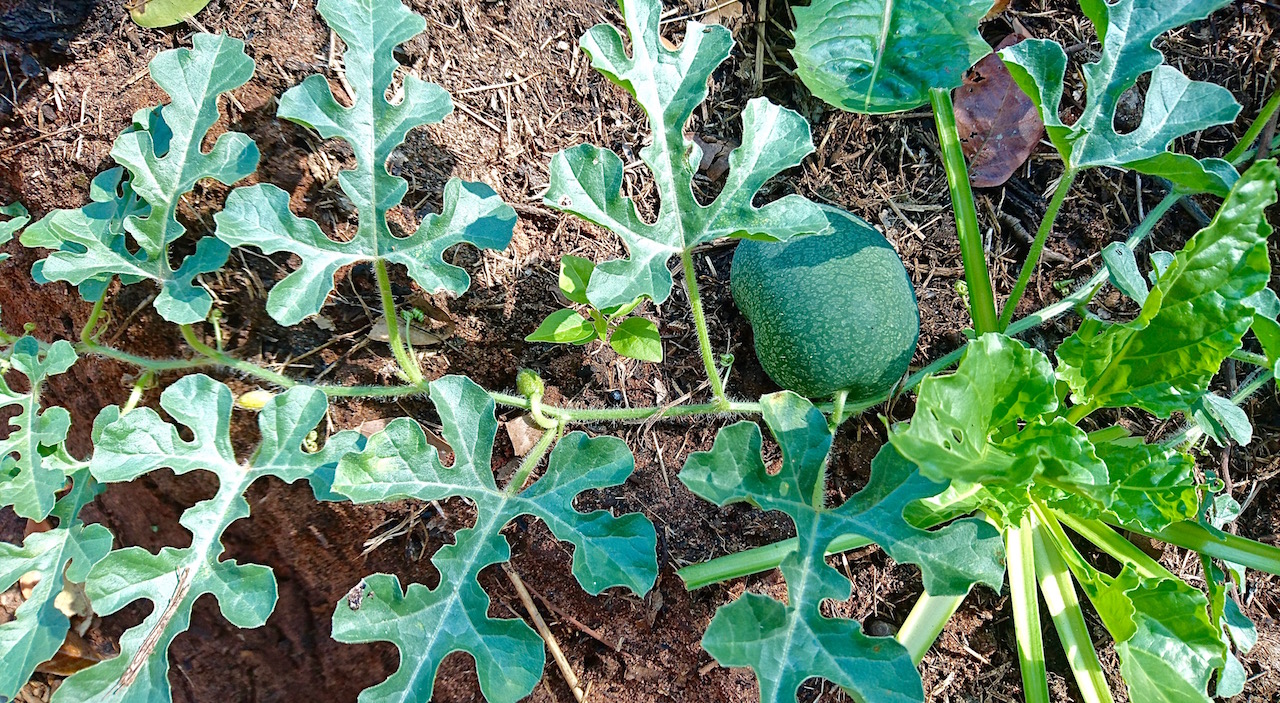
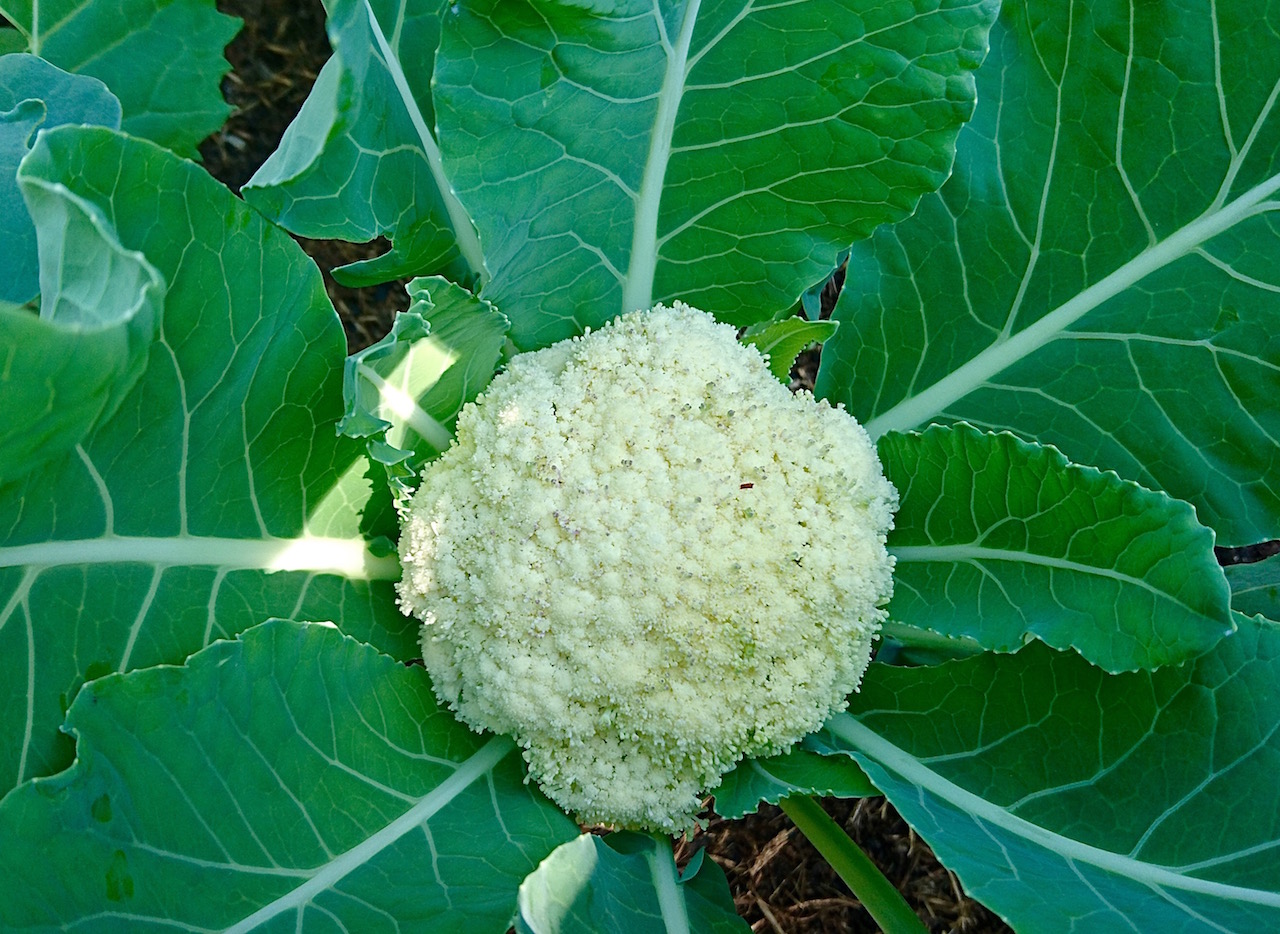
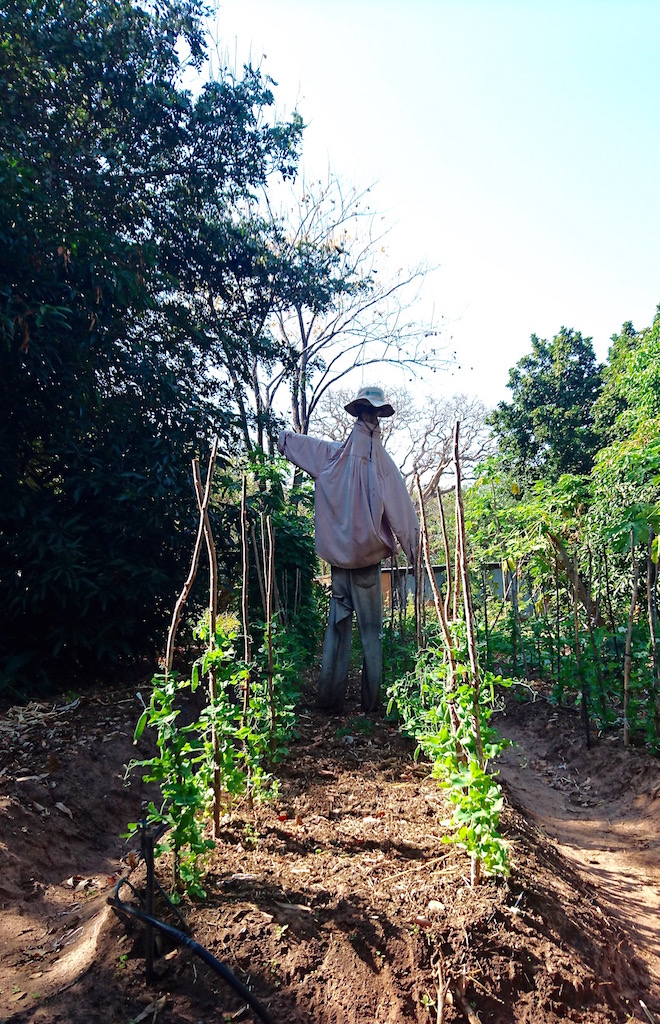
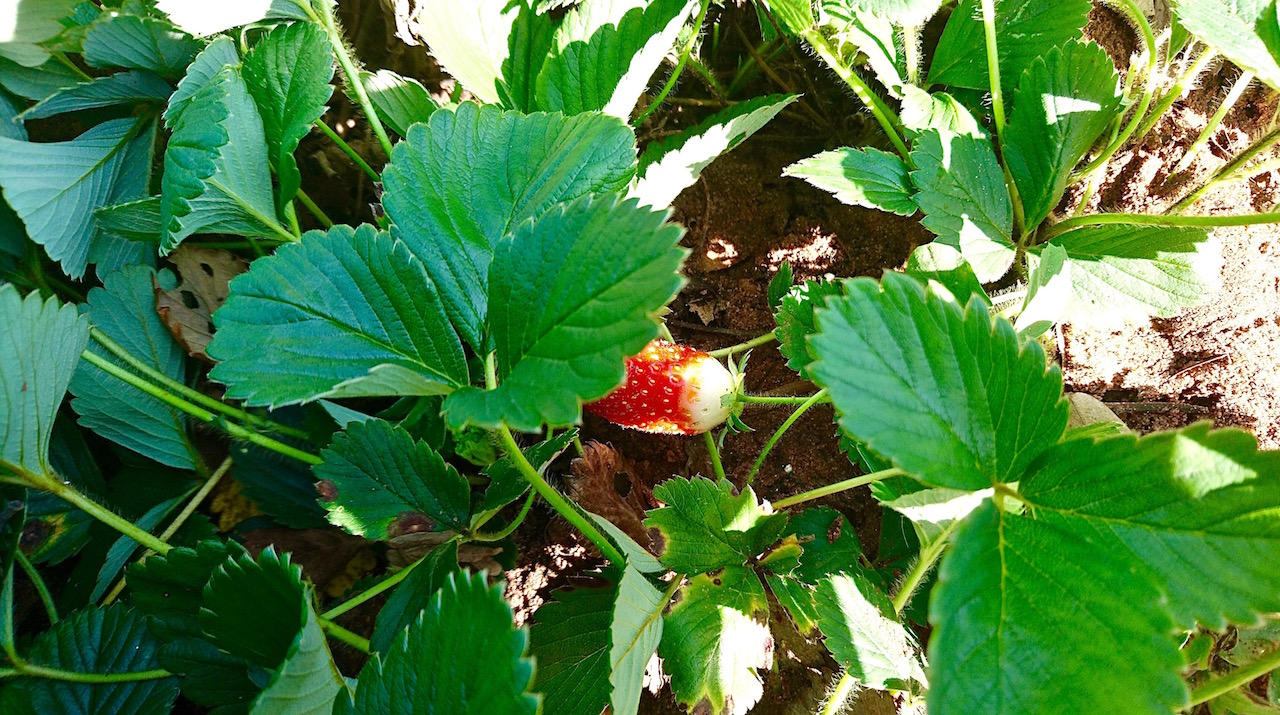
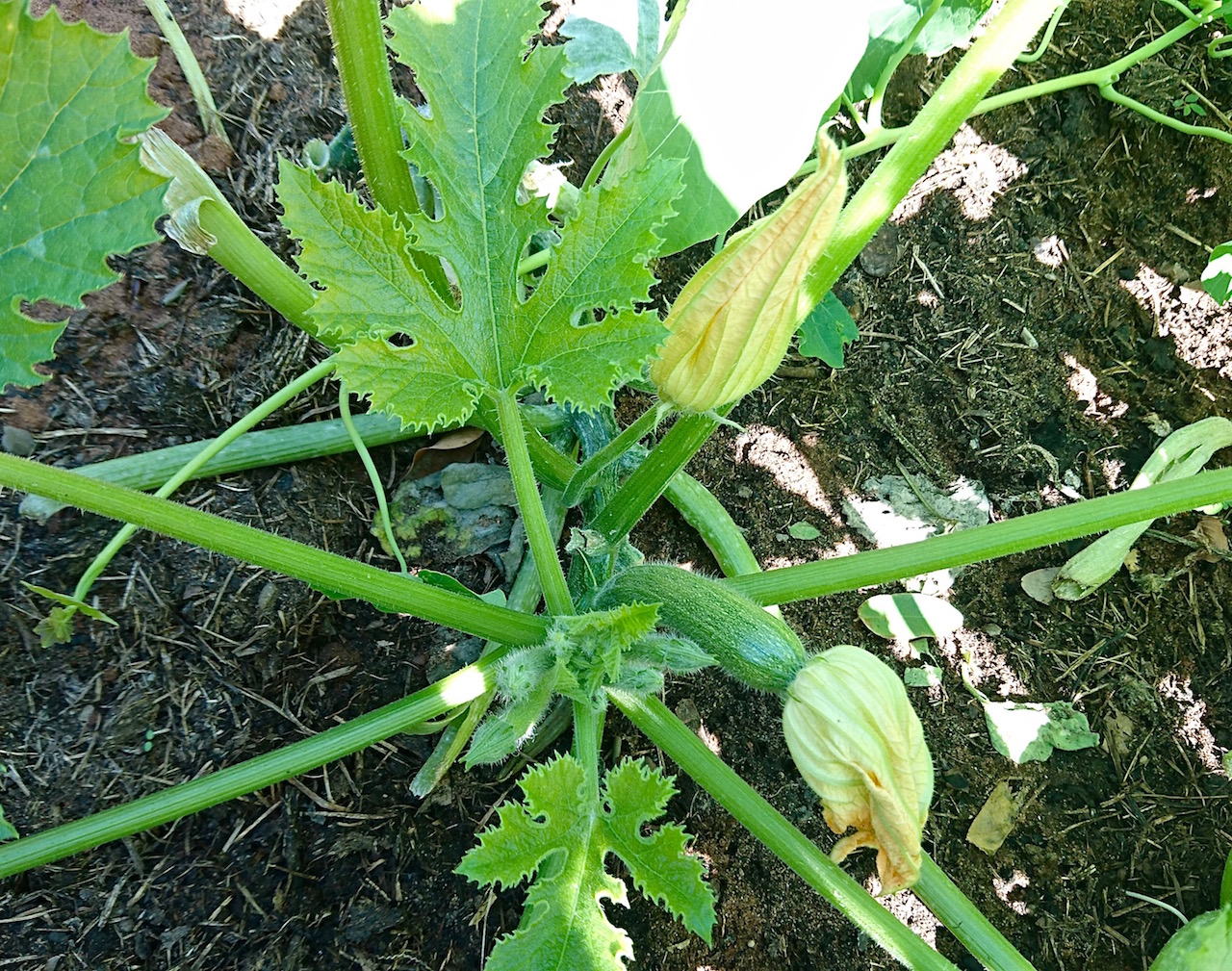

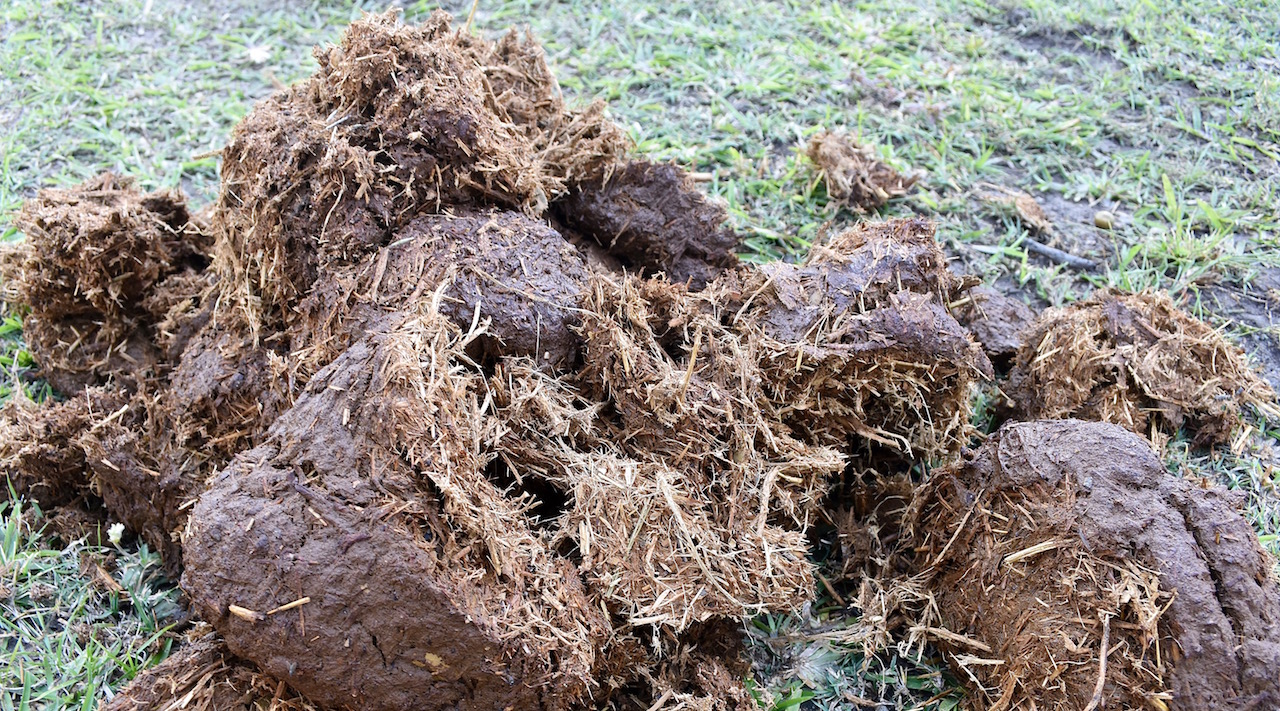


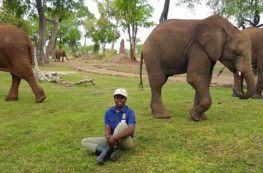
8 Comments
Fantastic!! All hail the mighty poo ???????. And loving the writing as per yoozh! Your vege garden looks a dream ?
Thank you so much for your lovely comment, Mo. Hail the almighty poo indeed … where would we be without it? Be it elephant, chicken, horse or worm, haha!
I feel so fortunate to have benefitted from both ends of the elephant while I’ve been in Zambia! While one end seems more interesting at first glance, I am sold on the lovely benefits of the other. Your garden is the glorious proof!
Haha! Thank you, Cynthia. It has been our pleasure to share the benefits of both ends of this wonderful creature with you! We are going to miss you … 🙁 xo
Gosh, well done Annabel and how fantastic to have such an abundant supply of it!!
Thank you, Squacky! Aren’t we so very lucky?
A powerful and wonderful post!!! I just want to hug and squeeze them!
Thank you so much, Chef Mimi! Elephants are extraordinary animals … 🙂
Comments are closed.